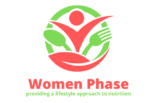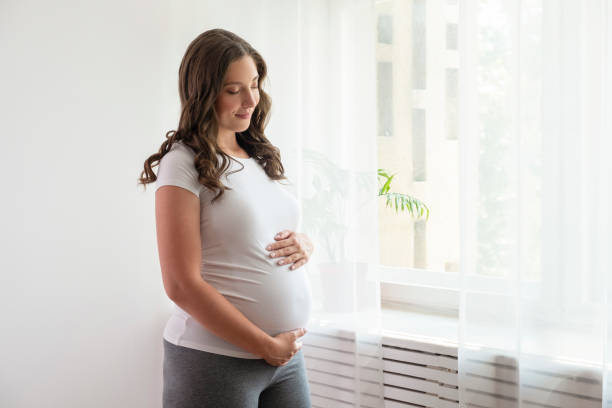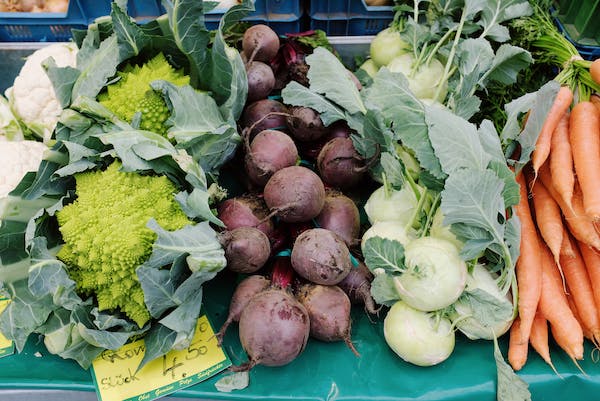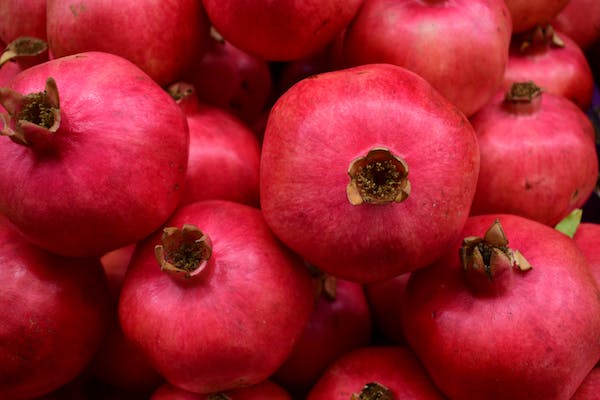-
During pregnancy, eating a healthy balanced diet will fuel the energy needed for both you and your baby.
-
It’s an undeniable fact that a lot of things happen during pregnancy, both hormonal and physical changes tend to shift from their delicate balance.
-
The essential nutrients include calcium, vitamin D, folate (folic acid), iron, and protein.

It’s an undeniable fact that a lot of things happen during pregnancy, both hormonal and physical changes tend to shift from their delicate balance. In order to get yourself going on a healthy pregnancy experience, there is a need to take some nutritional facts into place.
During pregnancy, eating a healthy balanced diet will fuel the energy needed for both you and your baby. There are certain nutrients that you need most because whatever you take in is the direct source of nutrients that your baby feeds on.
The Essential Nutrients You Need and Where To Get Them
1. CALCIUM
During pregnancy, calcium is a mineral that helps strengthen bones, the heart, teeth, and nerves, and also contributes to the development of muscles for both you and your baby during pregnancy
How Much Calcium Do I Need?
During pregnancy, you need about 1,000 milligrams (mg) daily.
Where To Get Calcium
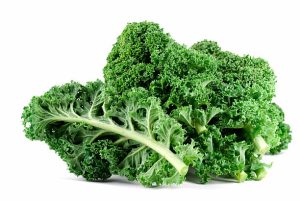
Cow’s milk is rich in calcium but research has made it clear that they are not easily absorbed by humans. There are other better sources to obtain your daily dose of calcium for you and your baby.
You can get calcium from leafy green vegetables, kale, collards, broccoli, and mustard greens. Sea greens is another super source to get your calcium during pregnancy. Sea greens such as, nori, kombu, wakame, and agar-agar.
Other sources include soybeans, salmon, navy beans, raw oysters, sardines with bones, and almonds.
2. VITAMIN D
Just like calcium, vitamin D performs similar functions. It aids the work of calcium by building your baby’s bones and teeth.
More than this, It decreases the risks of complications, and respiratory issues are possible when vitamin D is not sufficient.
Vitamin D also protects you from infections and other immune illnesses. If you lack enough vitamin D as a mother, there is no doubt you will definitely have a baby deficient in vitamin D during and after the pregnancy.
How Much Vitamin D Do I Need?
During pregnancy, you need 600 IU of vitamin D each day
Where To Get Vitamin D

For you to get your daily vitamin D you will need to expose yourself to direct 30 minutes of sunlight. However, it is advisable for people with dark body skin to get more than 30 minutes due to the presence of melanin, a natural sun blocker.
Other sources include: Cod liver oil, fortified milk, mackerel, salmon, tuna, and sardines
3. FOLATE (FOLIC ACID)
Following the healthy possibilities of vitamin D, folate, which is also known as folic acid is another essential nutrient during pregnancy. The major work of the folate is to protect the babys spinal cord and brain from the neurological abnormalities.
A synthetic version of folate called folic acid has been shown to reduce the risk of heart and mouth birth abnormalities in your unborn child. Before pregnancy and during pregnancy, take a vitamin supplement of folic acid every day.
How Much Folate Do I Need?
During pregnancy, you need 800 micrograms per day.
Where To Get Folate
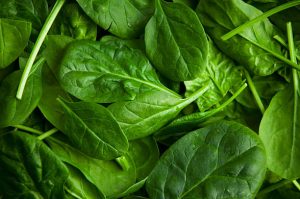
Folate is sourced from leafy green vegetables like spinach, asparagus, mustard greens, broccoli, lentils, garbanzo beans, beets, cauliflower, papaya and collard greens, black beans, and raw peanuts.
4. IRON
During your pregnancy, the nutrients are not limited to calcium, vitamin D, and folic acid but also combined with iron. To ensure the adequate supply of oxygen needed, iron will be combined with water, sodium, and potassium.
For oxygen to be carried to your baby’s tissues, iron makes use of hemoglobin. A lack of iron can lead to infections, premature birth, low birth weight, fatigue, and anemia (shortage of blood)
How Much Iron Do I Need?
During pregnancy, you need 27 milligrams per day
Where To Get Iron

You can mainly get your iron from meat. Other sources include cooked soybeans, tomato paste, eggs, citrus fruits, cooked spinach, pumpkin seeds, blackstrap molasses, and quinoa.
5. PROTEIN
Protein is an essential nutrient for the baby’s tissues and organs to grow and develop, protein also increases the blood supply to your baby. Protein is especially needed during the 2nd and 3rd trimesters.
How Much Protein Do I Need?
During pregnancy, you need 70 grams per day
Where To Get Protein
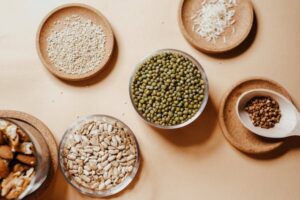
Here are some great sources of protein, quinoa, nuts, peanut butter, and beans
